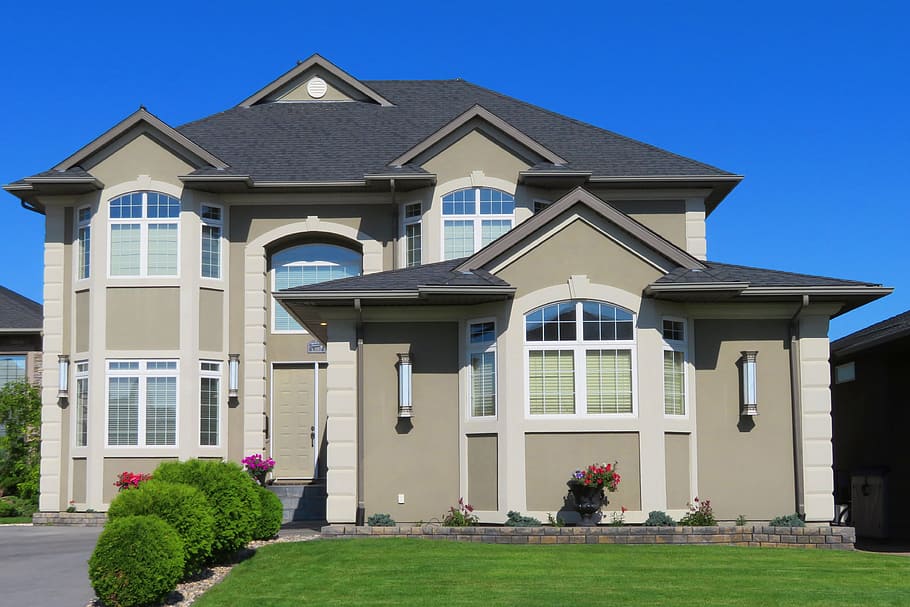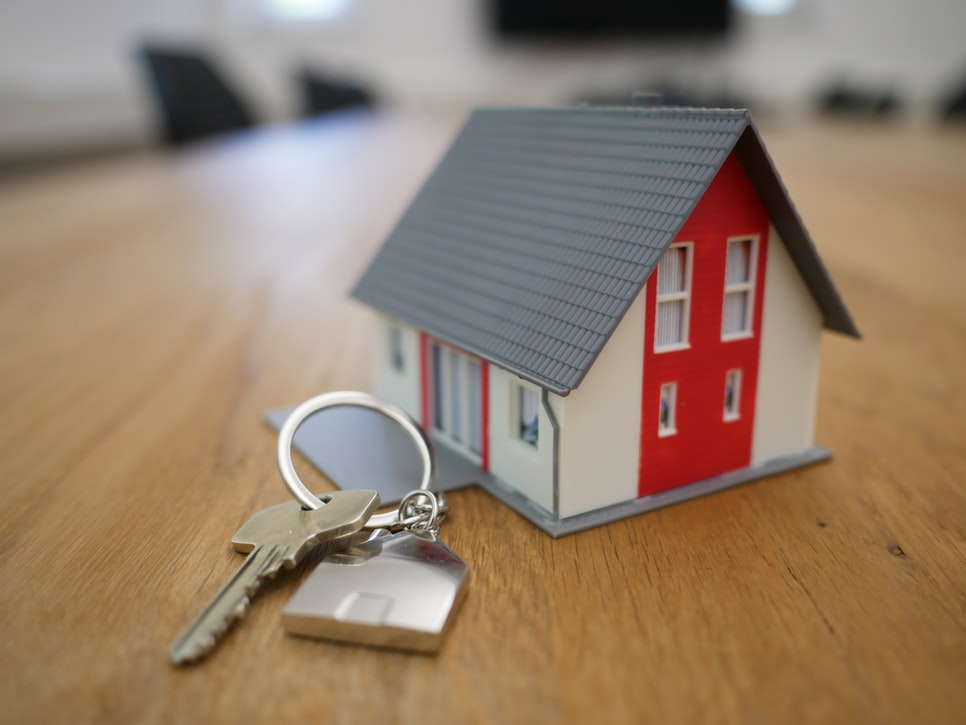As part of the home-buying process, you will have a lot of decisions to make.
One of those decisions is whether you should buy a house or a condo . Do you prefer the privacy and independence of a detached single-family house or is the freedom and convenience of condominium living more appealing to you? There are arguments for and against both that you will need to weigh up when deciding which is the right approach for you.
Condo

Buying a condo as your first home lets you get onto the property ladder sooner since condos are generally cheaper than houses. This lets you begin building equity, making it easier to trade up to a home – especially if the condo increases in price by the time you sell. As far as the location goes, buying a condo will give you more flexibility on where to live. .
The Pros
– Cheaper purchase price
– Cheaper to maintain
– More condos available in Downtown areas
– You won’t need to qualify for as large a mortgage
The Cons
– Smaller potential for asset growth
– Additional condo fees
– Downtown condos can be expensive
– Mortgage qualification favors a house
House

Selling a property and buying a new one is an expensive process, so purchasing a house as your first home (assuming you want to live in one eventually) saves you from having to make a second transaction. Buying a more expensive property like a house can also help you maximize any rebates and benefits you receive as a first-time homebuyer. Houses also let you borrow more on your mortgage.
The Pros
– More potential for asset growth
– No additional condo fees
– Many cheaper houses available in the suburbs
– Mortgage qualification favors a house
The Cons
– More expensive to purchase
– More expensive to maintain
– Less available in Downtown areas
– You may need to qualify for a larger mortgage
Mortgage Qualification Favors a House
While the best mortgage rates in Canada are the same for a condo or house, buying a house may help you qualify for a bigger mortgage. This is because of a quirk in how lenders determine the amount of money they will lend you.
Lenders determine how much you can afford to borrow with a set of calculations called your debt service ratios. Your gross debt service ratio (GDS) looks at your total cost of ownership as a percentage of your income. Your total debt service ratio (TDS) looks at this plus your other obligations. These ratios can be no more than 39% and 44%, respectively. When calculating your total cost of ownership, there are four contributors: your mortgage payment, property taxes, heating costs and 50% of condo maintenance fees. The more you spend on these, the higher your debt service ratios will be.
Maximize Your First-Time Homebuyer Programs
Common first-time homebuyer programs available include withdrawing up to $35,000 tax-free from your RRSP, getting a rebate on the land transfer tax (available in some provinces) and claiming a $750 rebate on your income tax. The land transfer tax component to this is crucial if you buy your first home in British Columbia, Ontario or Prince Edward Island. Depending on your province and city, you can get a full land transfer tax rebate on homes up to $500,000.
Selling a Home Is Expensive
If you are planning on buying a condo (or a cheaper house) with the view of purchasing a more expensive home later, it is vital to think about the cost of your next property transaction. Selling a home is a costly process and the fees involved in both selling your current home and buying your next one can eat away any financial benefits you have worked to make.
For a start, real estate commissions are typically 5% of your sale price plus tax. Closing costs can easily cost a few thousand dollars too, as can moving. Buying your second property will also be more expensive than your first, as you won’t receive any first-time homebuyer rebates the second time around. Add to this the cost of getting a new mortgage, especially if you decide to break your mortgage term as part of the transaction, resulting in prepayment penalties.
Houses Cost More to Own and Maintain
Despite home maintenance not being included in debt service ratios, houses do cost more to maintain than condos. This is important to factor in when you decide whether to buy a condo or house – from both a financial and lifestyle perspective.
Most of the maintenance is covered by your monthly fees with a condo – this is because most maintenance is done at building level. When you buy a house, you are personally on the hook for every repair to every component at the time it comes up. A failed furnace or leaky roof can easily cost you thousands of dollars. You are responsible for mowing the lawn, shoveling the snow and all the day-to-day activities that the monthly fee for condo owners covers.
The Bottom Line
Whether you buy a condo or house as your first home is not as important as you think. There are undoubtedly financial differences between buying a more expensive home versus a cheaper one but that’s separate from the condo and house question. Whether you decide to buy something modest today or go into debt for your dream home, you need to be comfortable in that home – and to be comfortably able to pay for it.
Let us know in the comment section whether you are looking to purchase a house or condo.




[…] will provide the same amenities; though most condos have their own pool and built-in gym, some condo units might not have everything you are searching for. Another thing that you should know, it is […]